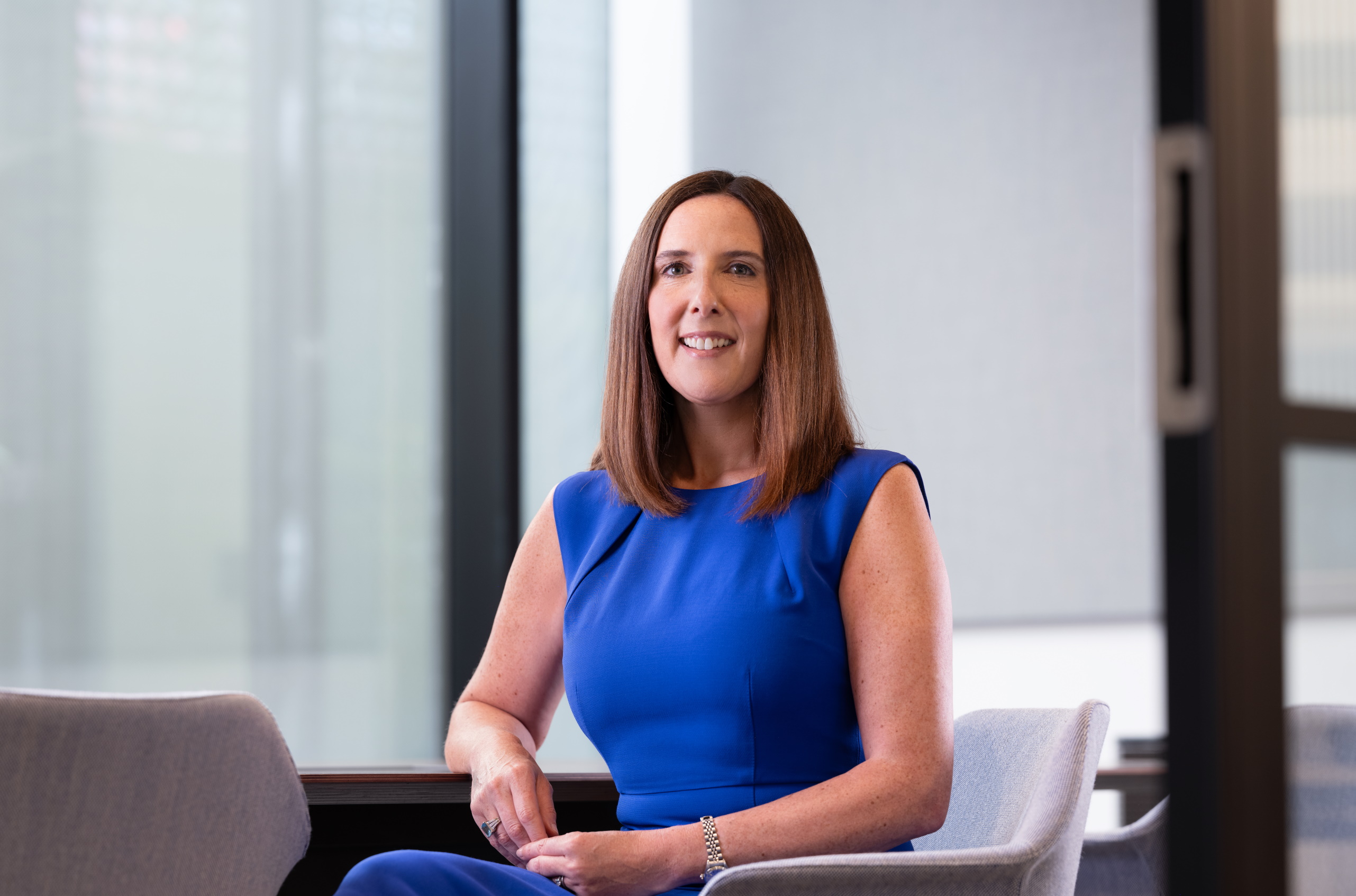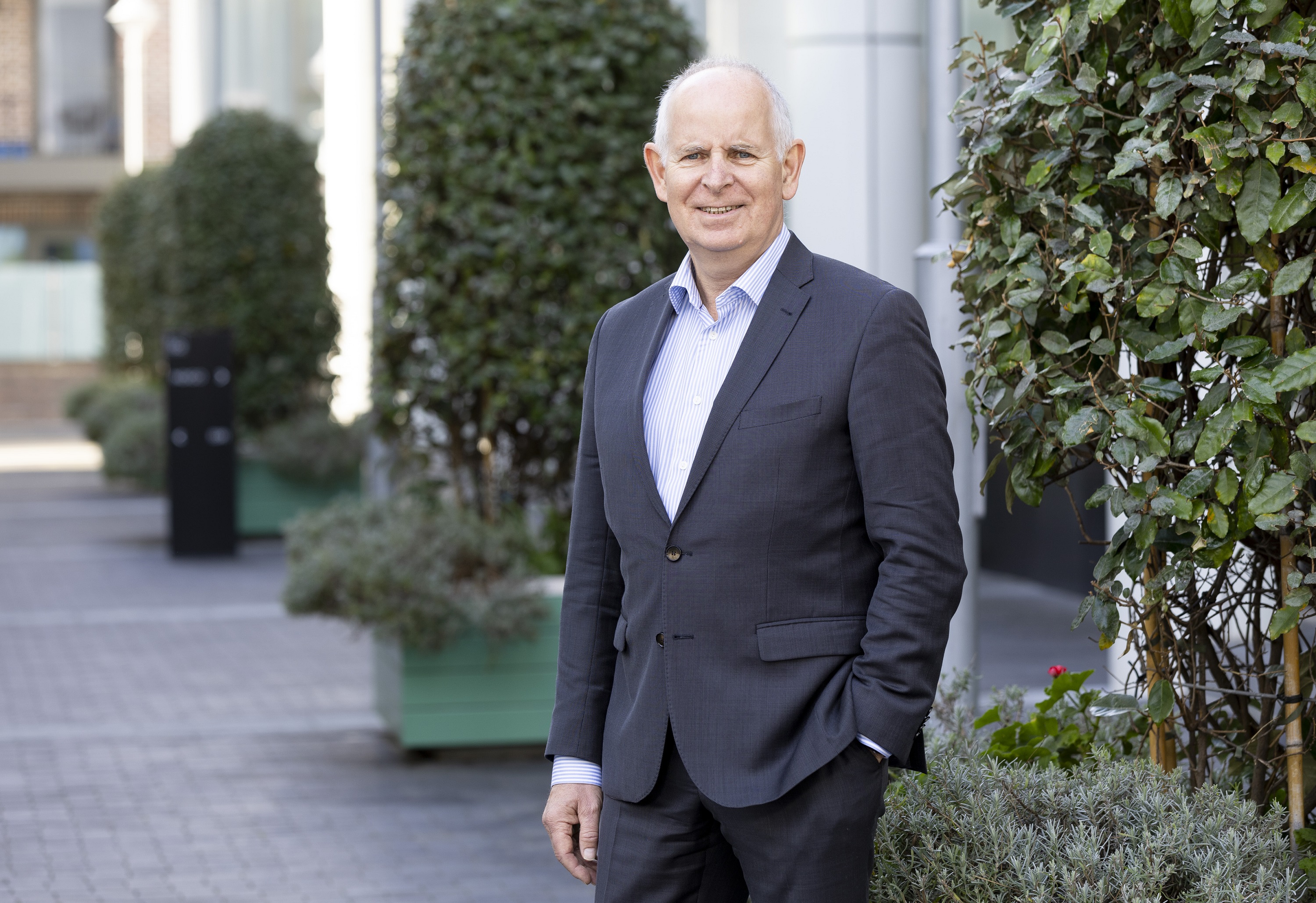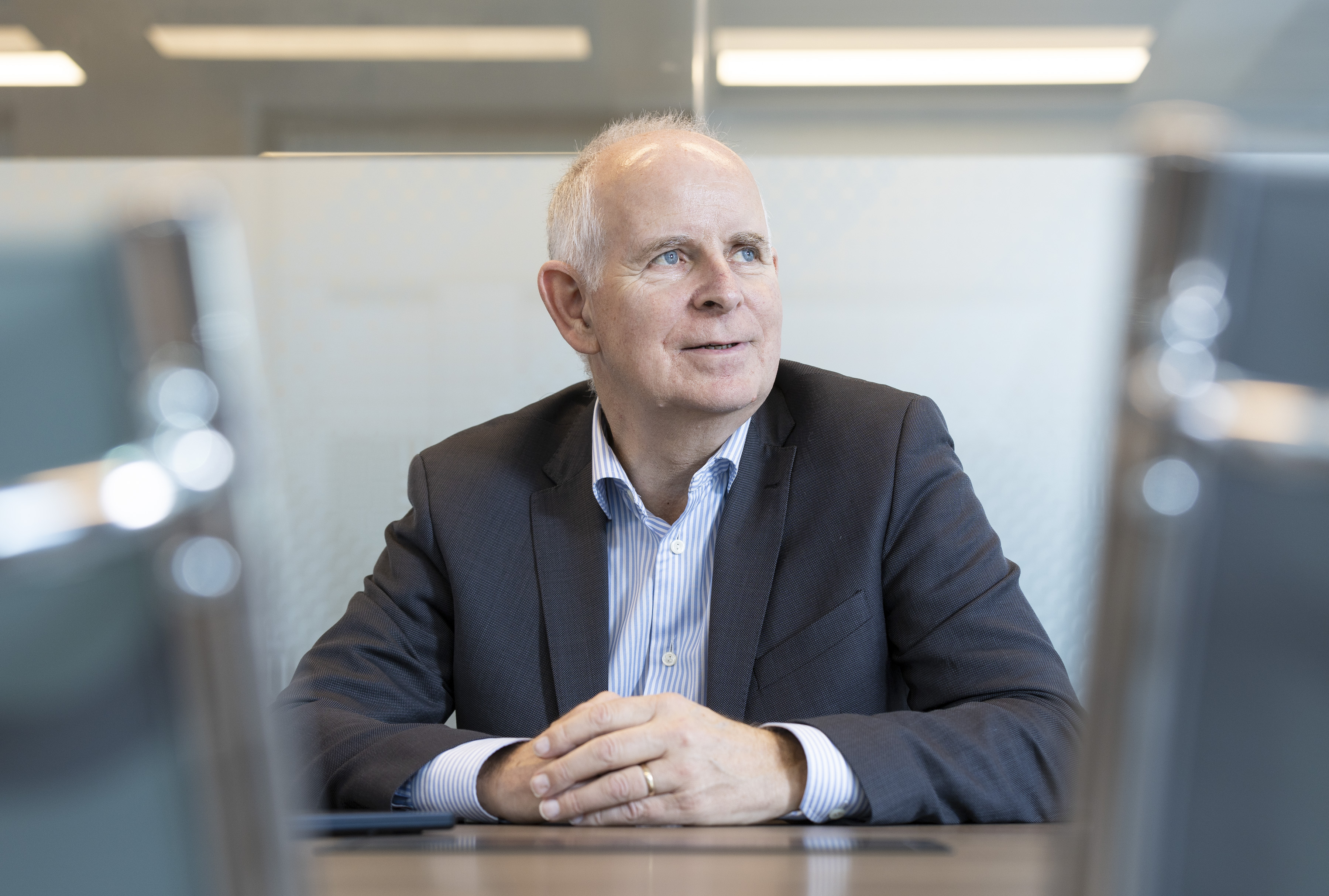
Blog
Leading with Purpose
Learn more
An interesting Business Post article with IoD Member Brendan Jennings on his non-executive career. From stepping down as CEO of Deloitte Ireland in 2020, to becoming the Chair of the Board for Keelings, Glenisk, and PM Group. This article was originally posted on The Business Post.

(Pictured: Brendan Jennings, Experienced Independent Non-Executive Director, Chair, and IoD Ireland member)
When Brendan Jennings stepped down as CEO of Deloitte Ireland in 2020, he wasn’t ready to embrace a life of leisure. “My mind needs to stay active,” he explains. “I’m not the type to sit around reading books all day. You can only serve two terms as CEO at Deloitte, but I was still too young to retire.”
That drive to stay engaged led him to take on six board roles: three in the commercial sector and three in non-profit organisations. He currently chairs the boards of Keelings, Glenisk, and PM Group.
The transition from a full-time executive role to non-executive directorships wasn’t necessarily a smooth one. “It wasn’t the only path I considered,” he recalls. “At one point, I even thought about buying into a business. I wanted something I’d enjoy, but at a pace slower than my previous work. It had to be something I knew and could contribute to, which made non-executive directorships the obvious choice.”
Jennings carefully considered the sectors and businesses he wanted to be involved in. “In professional services, you’re often handling everything that comes across your desk. For the first time, I had the chance to choose where I wanted to get involved.”
Having spent 38 years at Deloitte, Jennings was no stranger to boardrooms. “I’d been in the boardroom with clients many times, so I understood what boards should be doing. I had also served on charity boards while at Deloitte, and while I didn’t know everything, I was confident I could contribute.”
His work in the charity sector led him to the Institute of Directors (IoD) Ireland. “I joined years before I retired. I had been on several boards and felt that IoD Ireland could help me become a better director. It keeps you updated on new developments and provides valuable briefings. As a chartered accountant, I was already accustomed to certain standards, and IoD Ireland membership held me to those same high standards.”
Networking through the IoD has also proved beneficial. “I’ve reached out to fellow members over the years when I needed a second opinion or wanted insights from people in similar roles.”
After deciding to pursue non-executive roles, he connected with firms that specialise in board placements. “Listed companies often use these firms for board appointments. I shared my areas of interest and asked to be considered for suitable opportunities. I’m happy with the roles I’ve taken on – they align with my expertise and allow me to work with ambitious businesses, with great market positions striving for even greater success.”
Businesses are grappling with challenges like hybrid working, digital transformation, and supply chain disruptions
He believes his extensive experience makes him a valuable addition to these boards. “As a former CEO, I’ve touched nearly every aspect of a business. While I’m not an expert in HR, marketing, or IT, I’ve had to oversee all those areas. That broad knowledge allows me to contribute effectively. Additionally, with my background, I’m quick to assess risks, especially when it comes to M&A transactions or investments.”
One of the main challenges facing Irish businesses, he says, is the rapid pace of change. “The issues I discussed with non-executive directors years ago - like regulation, and technology - are just as relevant today, if not more so. Businesses are grappling with challenges like hybrid working, digital transformation, and supply chain disruptions, all while trying to evolve without harming the organisation.”

Despite the challenges, Jennings sees plenty of opportunities. “Ireland is a small country with a big reach. Even a modest market share can lead to success outside Ireland. We have great companies and talented people. With the right capabilities, drive, and ambition, there are significant opportunities to innovate and succeed.”
For an effective non-executive director, Jennings stresses the importance of an inquisitive mindset. “You need to ask the right questions and challenge ideas respectfully. It’s not just about questioning for the sake of it, but about getting to the heart of the issue.”
Boards need to focus on building sustainable businesses while protecting the long-term future of the company
In recent years, he has noticed a welcome increase in transparency across all sectors. “Over the past 15 years, annual reports for public companies have grown from 30 pages to hundreds. Even private companies are becoming more transparent and acknowledging their broader societal role.”
Regulatory requirements play a role in this, but Jennings also points out the challenge of balancing strategy with compliance. “Boards need to focus on building sustainable businesses while protecting the long-term future of the company. It’s a constant balancing act, where compliance often consumes a lot of board time.”
To improve board effectiveness, Jennings advocates for self-reflection. “After meetings, directors should ask themselves if their contributions made a difference. Formal evaluations and one-on-one discussions with the chair are also important for addressing any concerns. If you’re looking for an easy life, you’re in the wrong role. There will be tough decisions, serious moments, and challenges to tackle. Boards should bring clarity on where the board’s responsibilities end, and the executives begin. If that line is blurred, governance is compromised.”
For those considering non-executive directorships, Jennings advises patience. “Take your time to find something that aligns with your skills and interests. Don’t rush into the first opportunity that comes your way. Also, understand the business before joining, and if you don’t have experience working with boards, undergo IoD Ireland professional development. They provide the tools, training, and insights needed to navigate the complexities of governance and ensure you’re equipped to contribute effectively at the board level. It’s crucial to know the rules of governance.